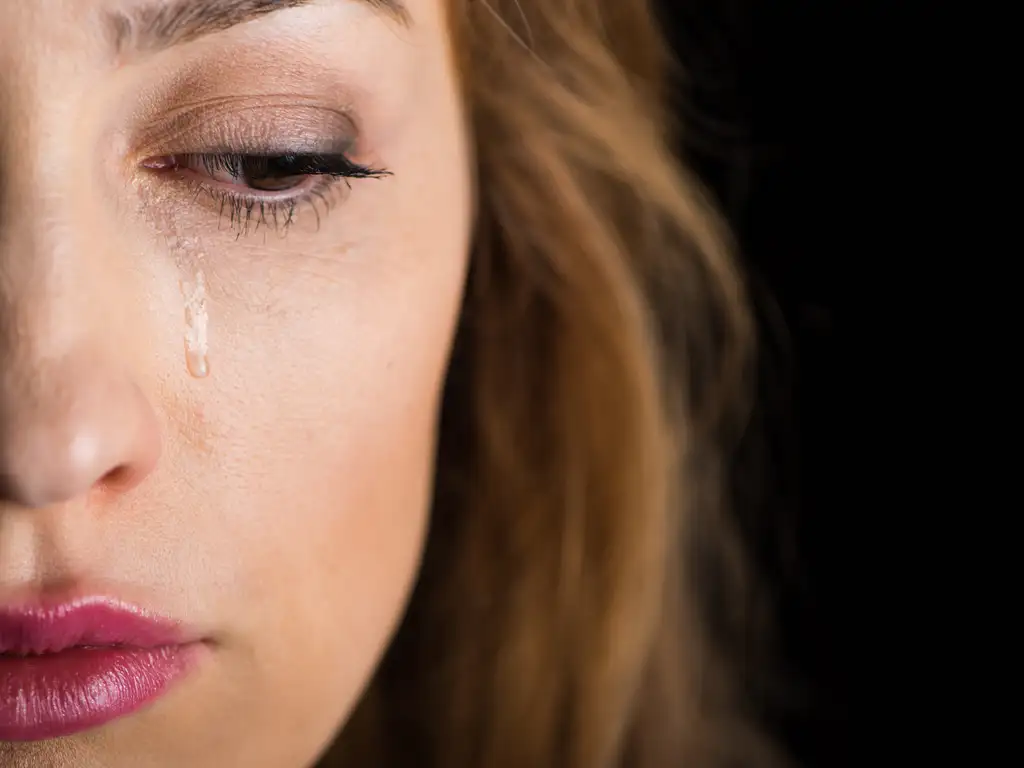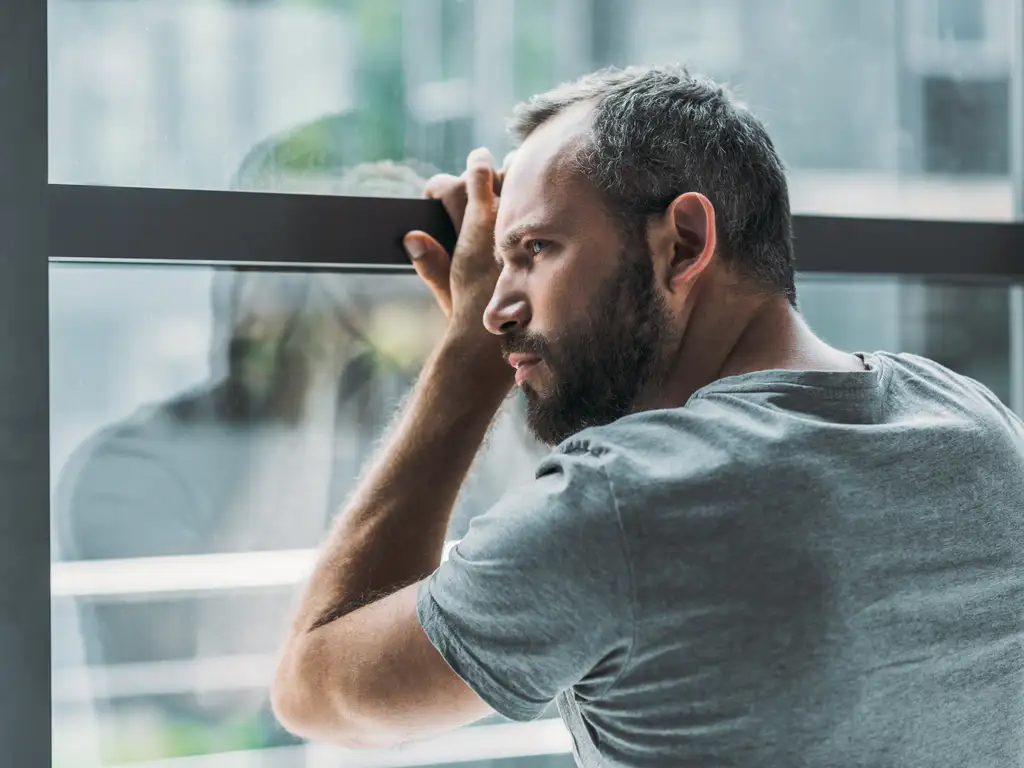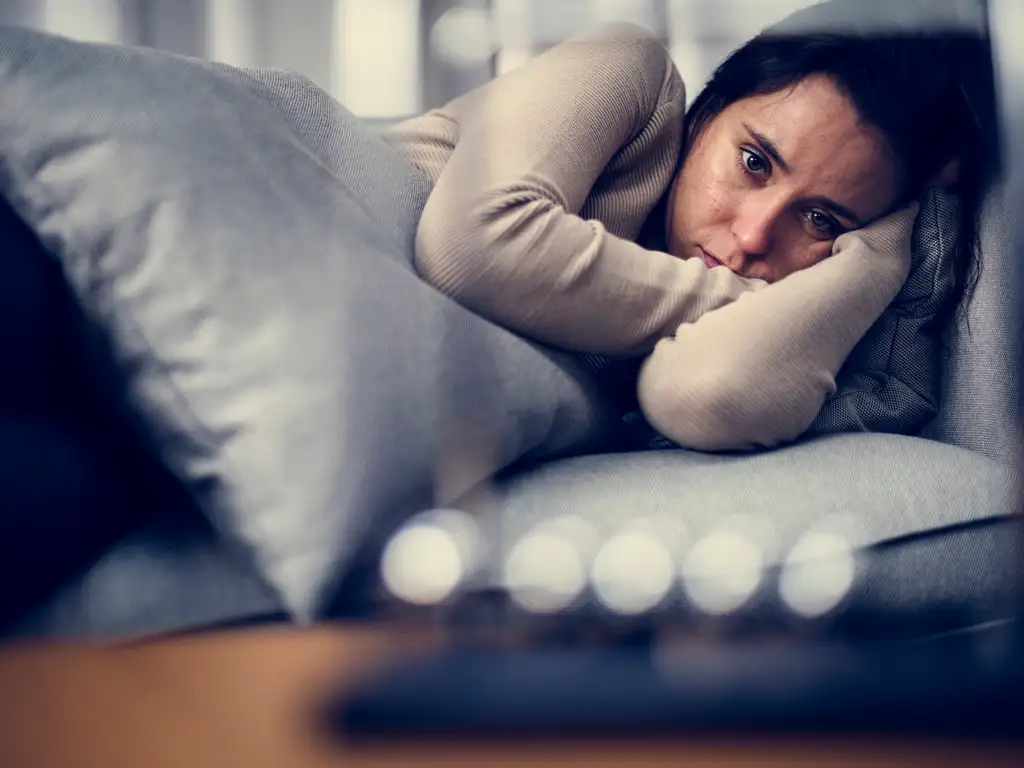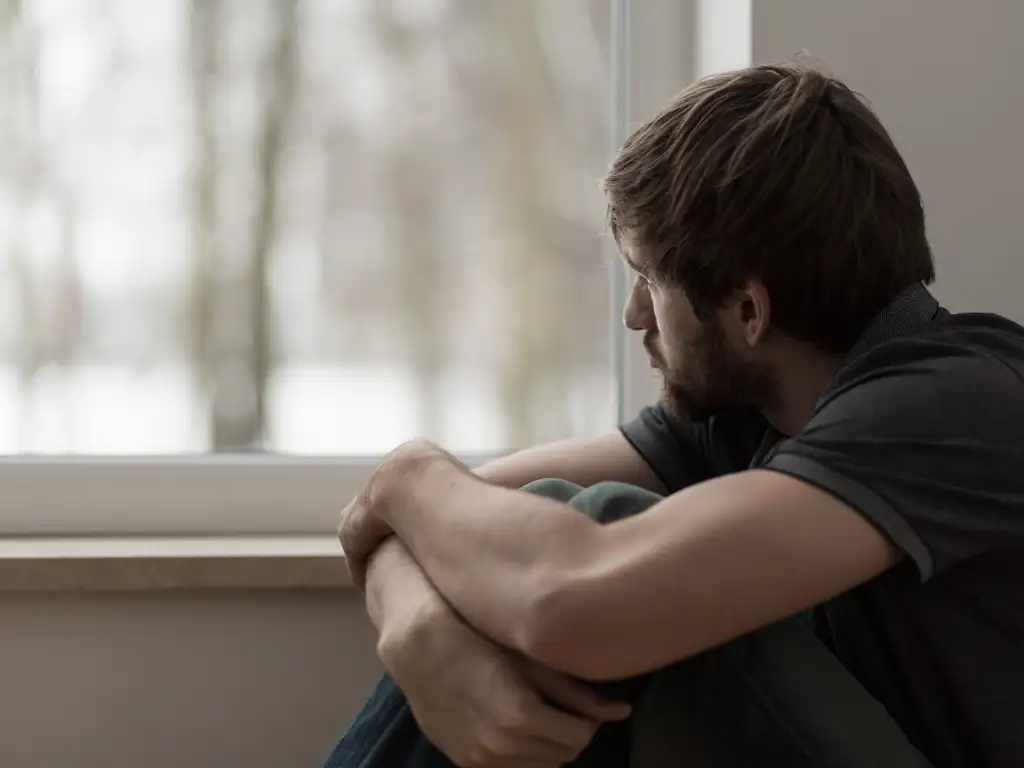Losing a loved one or significant other is a painful experience. Also, losing someone can make you experience intense grief, which may develop into depression or exacerbate an underlying condition. The event can also lead to deep sadness, anxiety, and confusion.
According to a report, almost 21 million adults in the U.S. experience depression or major depressive disorder (MDD). One of the most common causes of this situation is the loss of a relationship to death or divorce.
Grieving the loss of someone you love is a normal response. However, prolonged grief could mean you have clinical depression. The following article will cover everything about depression and some healthy coping skills and tips.

Depression: What Is It?
Depression is a mental health disorder that causes persistent sadness, loss of interest in activities, and decreased energy levels for an extended period. This mood disorder changes how you think, feel, and behave. Its effects are most pronounced during stressful times and situations, such as losing one of your family members.
Typically, the feelings of sadness, hopelessness, and anxiety (among others) may not go away and can interfere with daily life and work. Moreover, it’s common to see depressive people withdrawing from work, family, and friends or resisting performing typical daily activities.

Grief vs Depression
Normal grief is a typical response to the loss of a loved one, but it differs from major depression. Typically, some people may suffer complicated grief, which can morph into a major depressive episode due to extended sadness and hopelessness.
Generally, people with MDD often feel down. Meanwhile, grieving people often have symptoms that come and go or fluctuate. In addition, people with depression often isolate themselves and avoid support from family or friends. At worst, you may experience severe symptoms that you don’t want to fulfill your work or life’s responsibilities.
In other words, grief is a manageable emotion, whereas MDD can be a more severe condition. However, do note that while grief may be a trigger for depression, not everyone who experiences it will develop such a condition. Both grief and depression can have adverse effects on someone, emotionally and physically.

Signs of Depression
Everyone experiences painful emotions, such as deep sadness and deep grief, after losing a loved one. However, when the inability to feel excited and happy persists for a couple of weeks or more, it could be a sign of MDD. Though grief may occur only once during your life, people typically experience multiple episodes of depression, with symptoms recurring over time.
The symptoms can vary widely between people. Below is a list of the common symptoms:
- Consistent fatigue and decreased energy
- Difficulty concentrating, remembering details, and indecisiveness
- Trouble sleeping or changes in your sleeping pattern
- Constantly thinking about your deceased loved one and longing for their return
- Feelings of anger, frustration, or blame toward someone who cared for your lost love
- Loss of interest or pleasure in previously enjoyed activities, such as hobbies and sports
- Weight loss or gain due to significant changes in appetite
- Feelings of guilt, worthlessness, and self-blame nearly every day
- Having suicidal thoughts or attempting to commit suicide
- Reduction in physical movement or speech and slowed thoughts
The Bereavement Exclusion
Initially, bereavement was a clinical sign of major depressive disorder (MDD). However, the American Psychiatric Association fifth edition of the Diagnostic and Statistical Manual of Mental Disorders (DSM-5) no longer includes a “bereavement exclusion” for MDD diagnosis. While persistent complex bereavement disorder triggers depression, patients should not be diagnosed with MDD until two months have elapsed after the loss of a loved one.
Moreover, the DSM-5 recognized prolonged grief disorder as grief symptoms. The guidelines define this condition as a post-traumatic stress disorder that lasts up to a year after losing a loved one. The psychological response to a significant loss is considered post-traumatic when the experience is overwhelming, causing the individual to focus on the traumatic memories of the lost loved one.
How To Cope With Depression
Depression is a mental illness affecting people of any age, gender, race, or background. At some point in life, anyone can experience such a condition, but remember that it isn’t a sign of personal weakness or a character flaw. The good news is that there are treatments and remedies for depression that work for most people.
Talk to Someone
A very isolating condition, MDD can make you feel like there’s no one who understands what you’re going through or that no one cares. However, talking about your feelings with someone else can help you realize that there are people who understand and are willing to listen. Aside from family and friends, there are support groups available to help you.
Keep a Healthy Lifestyle
Exercise releases endorphins in your brain, which help improve your mood and mental health by making you feel happier and less stressed. As much as possible, go outside for some fresh air while walking or jogging. If you don’t have time for that during the day, try doing something physical before bed. This will help relax both your body and mind, so it’s easier to fall asleep.
Stay Away From Alcohol & Drugs
While drinking alcohol or using drugs may seem like a way to cope with depression symptoms, they only make the situation worse. It’s better to stay away from these substances and focus on improving your life for the best.
Take Care of Yourself Physically & Mentally
When you’re depressed, it’s easy to neglect yourself and take care of your needs only when absolutely necessary. However, taking care of yourself can help keep your mind off negative thoughts. It also reminds you that there’s more to life than feeling depressed.
Seek Help From a Mental Health Professional
If you think you might be suffering from depression, it’s crucial to talk with your doctor about treatment options. The sooner you get help for your symptoms, the better. Your specialists may recommend antidepressant medication or recommend therapy for treating complicated grief and depression. In addition, they can help you process your emotions and teach strategies to help you cope with your condition.
Wrapping It Up
The grieving process can seem like depression. Normal grief and complicated grief are not the same as clinical depression. Grief is a natural reaction to loss that might require a support group or appropriate treatment to get through the healing process. If managed effectively, you can regain your strength and improve your life.
To learn more about depression or seek support, you can seek out a local resources to find a mental health professional or call SAMHSA at (800) 662-4357. SAMHSA runs a 24-hour mental health hotline.
Eternally Loved offers grieving individuals help through planning celebrations of life after a loved one’s death. We guide our clients through the grieving process and healing process by honoring the deceased person and creating a special event. Call Us to learn more about planning a celebration of life.



